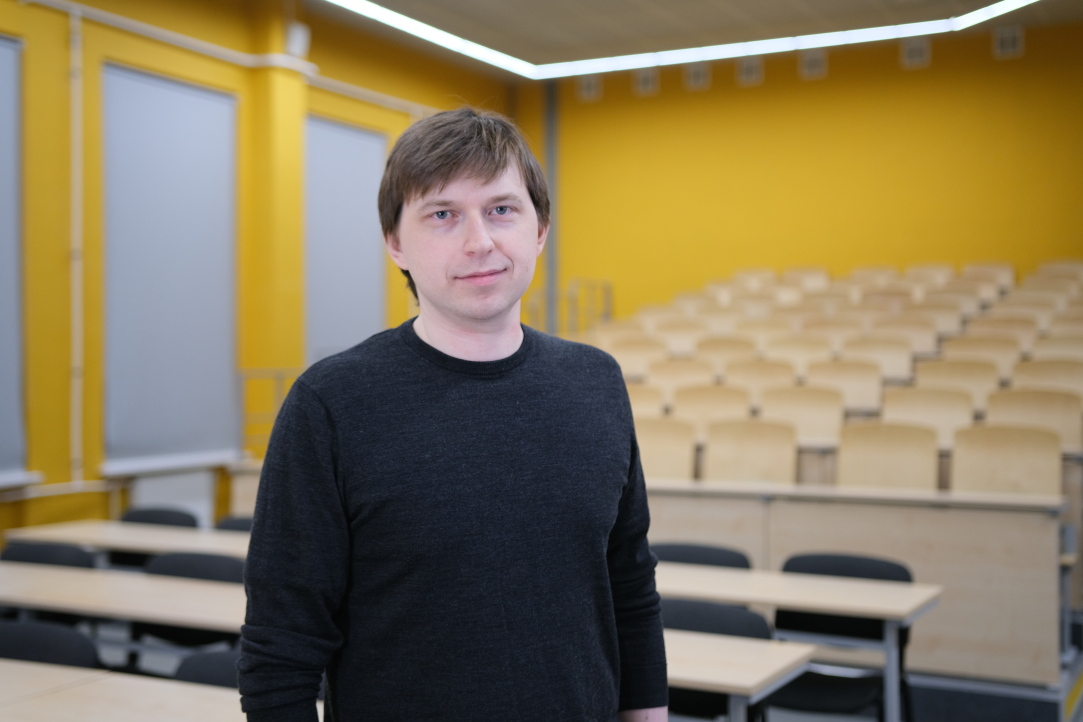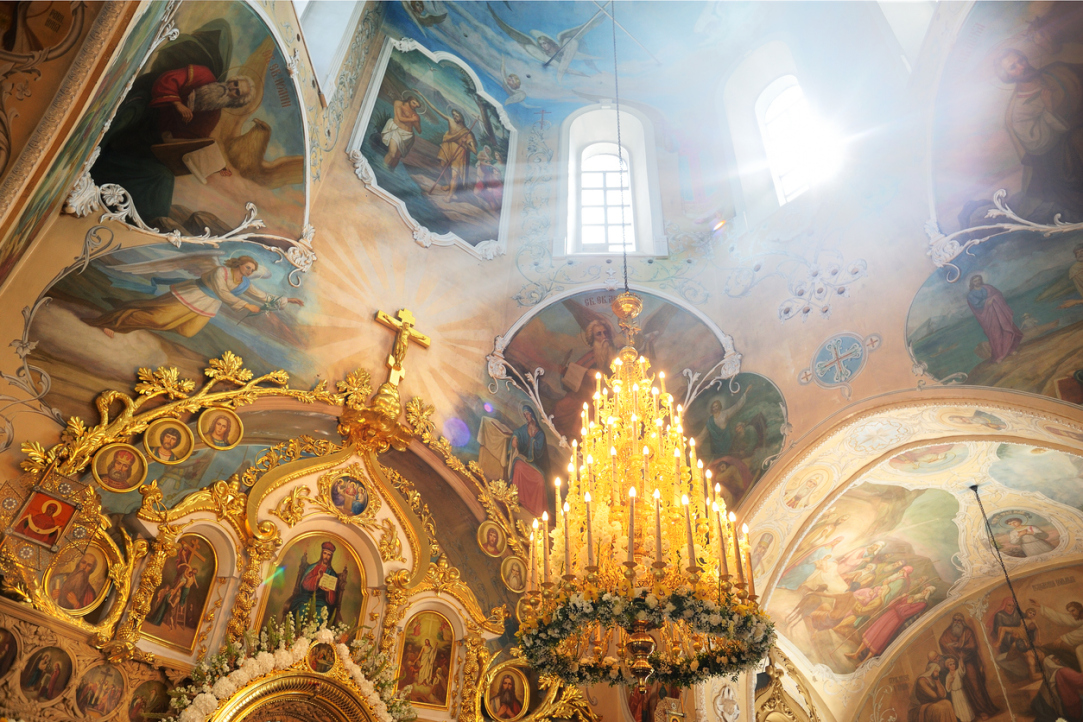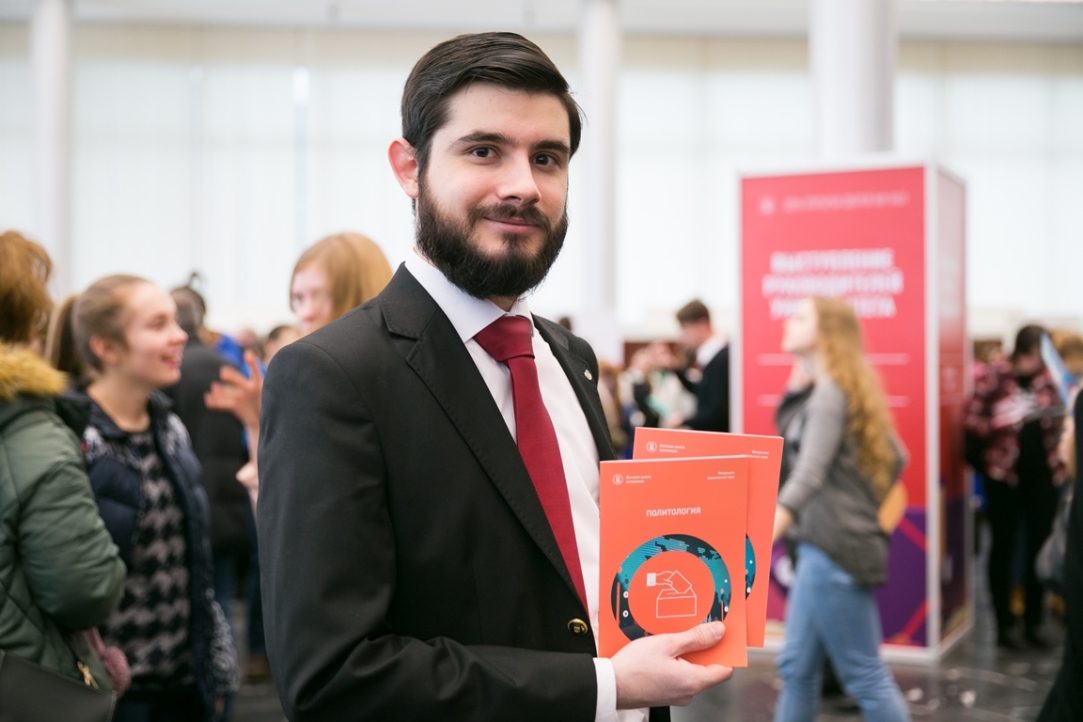
‘Political Science Is a Lifestyle and Way of Thinking’
The English-taught Master's programme 'Comparative Politics of Eurasia' at the HSE Campus in St Petersburg trains specialists in the internal and external politics of post-Soviet countries. Students learn how to combine qualitative and quantitative methods of analysis with theoretical approaches from various social sciences. The programme has three educational tracks: one in research and two applied ones. Andrey Starodubtsev, Academic Supervisor of the programme, explains which subjects students will learn and where they will be able to undertake internships.

Advice from Above: Sociologists Have Assessed the Impact that Priests Have on How Their Parishioners Vote
Political preferences of at least 21% of Orthodox voters in Russia may be influenced by the clergy and their fellow believers. Based on an online survey of 2,735 respondents, HSE University sociologists Kirill Sorvin and Maksim Bogachev concluded that religion has a considerable impact on people’s political choices. The scholars assume that the share of those who vote ‘in an Orthodox way’ may be higher: many respondents were under 34, and young people are a minority among Orthodox believers in Russia.
Authoritarianism as the Opposite Pole of Postmaterialism
On April 10, Ronald Inglehart, founder of the World Values Survey and the Laboratory for Comparative Social Research, delivered an honorary lecture at the LCSR’s 9th international seminar held as part of HSE’s XX April Academic Conference. The lecture addressed the roots of authoritarianism, its relationship to other widely investigated phenomena and its empirical linkage with contemporary politics.

HSE's Programmes in Political Science Receive International Accreditation
Bachelor’s programme ‘Political Science’ and Master’s programmes ‘Applied Politics’ and ‘Politics. Economics. Philosophy’ have been granted international accreditation by Central Evaluation and Accreditation Agency (ZEvA), based in Hannover, Germany.
English Graduate Chooses to Pursue Doctoral Studies in Political Science at HSE
Ever since he was a teenager, Judas Everett has been interested in politics. A new postgraduate student in HSE’s Doctoral School of Political Science, Judas says he owes a lot of his continued interest to the teachers he’s had over the years, the right encouragement and the right reading suggestions.
Observing the Effects of Everyday Corruption – A Conversation with Professor William Reisinger
On Tuesday, May 23, William Reisinger, Professor of Political Science at the University of Iowa, will deliver a seminar at the HSE School of Political Science entitled ‘The Impact of Petty Corruption on Political Support in Post-Soviet Societies’. Ahead of his seminar, Professor Reisinger spoke with the HSE News Service about the topic of his research, how his impressions of Russia and the post-Soviet world have changed since he began visiting the region, and the changing interest in Russia that he has observed among Western students over the past several decades.
International Law Expert Explores Solutions to Sovereignty Conflicts
On May 17, Dr Jorge Emilio Nunez, a Senior Lecturer at Manchester Law School (UK), delivered a lecture at HSE on the themes from his latest book, ‘Sovereignty Conflicts and International Law and Politics’ (Routledge 2017). While addressing members of the HSE community, he explored a solution of egalitarian shared sovereignty, evaluating what sorts of institutions and arrangements could, and would, best realize shared sovereignty, and how it might be applied to territory, population, government and law.
-%D1%81%D1%8B%D1%80%D1%8B.jpg)
How Food Affects Political Regimes
Better nutrition can have a lot to do with the transition to democracy: the more protein-rich, high-quality foods appear in a society's diet, the higher the likelihood of democratic reforms. Apparently, a richer diet is associated with an increase in the middle class, which tends towards economic and political independence and democracy-fostering values. Andrey Shcherbak has found, based on a cross-country comparative study using data on 157 countries, that a change in people's eating habits can serve as a predictor of impending political change. His findings are published in the paper 'A Recipe for the Democracy? The Spread of the European Diet and Political Change'.
What Shapes EU MPs Views on Russia?
EU MPs are increasingly negative on Russia, and their positions are largely defined by their national interests – rather than by their ideological affiliation to any particular political grouping in the European parliament. The researchers believe that this indicates that national interests trump ideological stance for EU MPs. Their research was presented in the article: National or European Politicians? Gauging MEPs Polarity when Russia is Concerned.
Professor Drazen: HSE Students Give Food for Meditation
From October 5 to 11, the Summer School of the International Laboratory of Decision Choice and Analysis was held at the Higher School of Economics, where Professor Allan Drazen (Department of Economics, University of Maryland, USA) served as the speaker. In a recent interview, he spoke not only about the importance of legislative politics in modern democracies but also about why he was struck by HSE students, why gut instincts are so important, and why theory is more important than practice.

